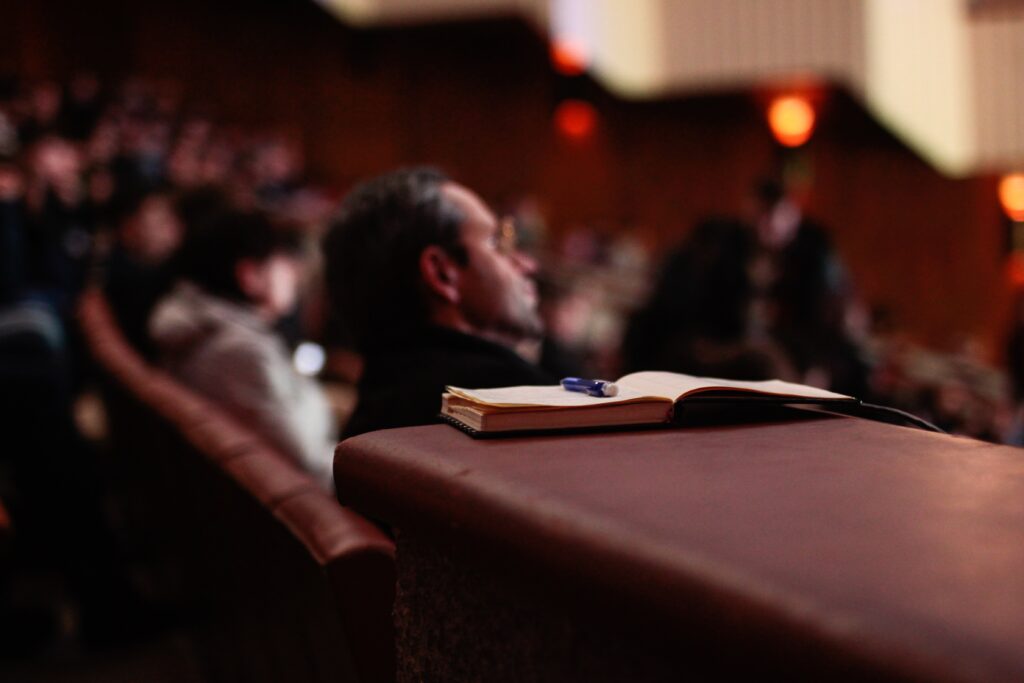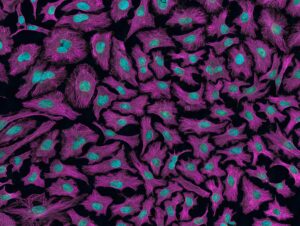Attending medical research conferences is a great way to find unique story ideas, develop sources and meet researchers, fellow journalists and potential editors.
These conferences are packed with panel discussions, breakaway sessions, exhibits, poster sessions and socializing opportunities. Reporters who have been covering medical research conferences for a while have developed strategies for making the most out of these hectic events, including managing their time and workflow.
But medical research conferences can be overwhelming for reporters new to covering them and for freelancers who don’t have a news outlet to pay their way or help them decide which sessions to attend.
We’ve put together a tip sheet with more than a dozen pointers for both staff and independent journalists to help you prepare for covering a medical research conference in advance and to optimize your experience once there. Here are a few highlights from the tip sheet and some advice from seasoned journalists.
- Freelancers should consider approaching an editor two to three months before the conference to ask if the publication might cover some of the conference costs in exchange for your commitment to find and report a handful of stories.
- Book your hotel early — even if you might cancel — and get your credentials in order early so that you can register with ease. “The AHCJ Freelance Committee has an ongoing effort to allow freelancers to register for meetings without a specific assignment letter from an editor,” according to committee members and independent journalists Laura Beil and Jeanne Erdmann. Freelancers can find a list of organizations on the AHCJ website that accept AHCJ membership as credentialing.
- Contact press officers in advance or at the beginning of the conference. “Conference media people can be very helpful at tracking down speakers for interviews,” said Bianca Nogrady, an Australian freelance science journalist. At a recent conference, the media contact suggested she tweet at a speaker who the press officer knew was always active on Twitter. “It worked,” Nogrady said.
- Try to arrange potential interviews in advance. “If you’re writing stories from meeting sessions, which require outside comments, see if you can get some of them lined up in advance, either at the meeting or before,” said Joyce Frieden, MedPage Today’s Washington editor.
- Study the schedule as soon as it is released, plan the sessions you’ll attend and look for feedback from trusted sources. “For a recent allergy conference, I polled sources from prior stories to ask which talks, topics and speakers they were most interested in,” said freelance science and health journalist Esther Landhuis. They gave her many ideas that were not mentioned in press releases, Landhuis added.
- Try to arrive at panel sessions early to grab a front row seat, which is helpful for recording audio and taking photos. “I record audio of the presentation and photograph every slide — for research only, not publication — so I’ve got all the data and don’t need to try to get the presenter to send me their slides or wait for the recordings to be made available,” Nogrady said.
- Don’t forget to take care of yourself. “Step outside the convention center each day and get some fresh air,” said Karen Blum, a freelance science and health journalist and AHCJ’s Health IT Health Beat leader. “And bring a sweater in case of blasting air conditioning.”
Please review the full tip sheet before covering your next medical research conference.








